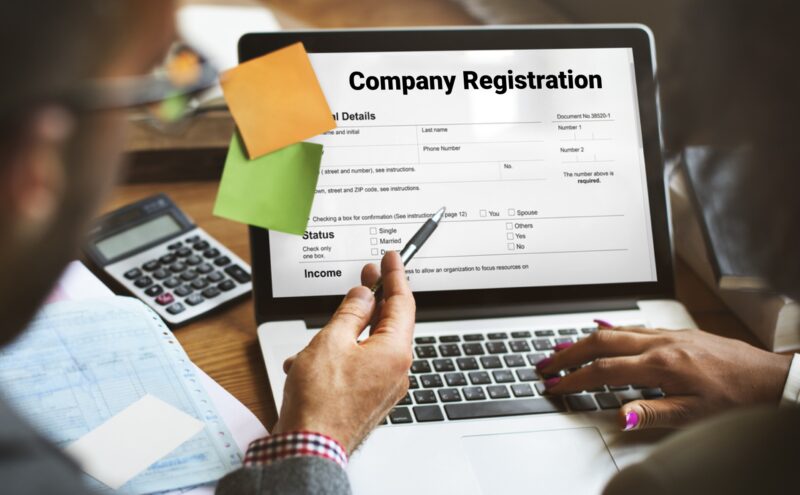Trading operations on a foreign exchange or other type of exchange is a widely advertised method of risky investments. Dozens of companies offer various bonuses and unique trading conditions, software and training courses in order to attract an audience of ordinary users and potential traders.
However, the results of such advertising campaigns are rather sad. Almost all novice traders and exchange “investors” lose their deposits.
The reason for the low or negative profitability of the operations of novice traders is the corresponding low level of training, the wrong broker, the wrong assessment of their capabilities and the wrong expectations. So what should you check before making your first deposit to a broker and entering into your first trade?
1. Assess your financial capabilities
The first and one of the most important steps is an objective assessment of your financial capabilities. Remember that trading is a high-risk operation. If you are looking for the main source of income, and you do not have capital that you can invest and (possibly) lose, it is better to refrain from trading.
Assess your capital wisely. If you want to try your hand at stock speculation or investing, determine the amount that will not harm your personal budget. Never invest money that you borrowed, that you need to pay bills, or money that you set aside for serious purchases.
Even if you have a certain amount of capital to invest, do not risk everything at once. Allocate a small amount for each potential trade and define the risks. Experienced investors do not recommend investing in one deal more than 3-5% of the available investment capital.
2. Trading is not a way to make quick money
Despite the active advertising of trading, be realistic about the possibilities of the exchange market. It is impossible to make a lot of money on speculation and investments quickly and for a long time, even theoretically.
In most cases, the first profit from trading takes a very long time. In addition, the amount of profit directly depends on the level of investment and the level of risk. This means that if you want to make money quickly, you can lose your entire deposit quickly as well.
Moreover, speculative markets are “zero mass” markets. This means that the earnings of some traders are formed at the expense of monetary losses of other market participants. In other words, your deposit is likely to be a source of income for more experienced and trained traders. This is proven by statistics.
Use extreme caution with leverage. This tool significantly increases the level of risk. By using leverage, you can quickly lose amounts that are critical for you.
3. Trading is impossible without learning
Registering a trader account with a popular broker and immediately start making money on the exchange is impossible and looks like a fantastic fairytale.
The trader has to learn a lot, practice, observe and gain experience. Probably such an activity will not suit you, and you will not cope with it. Without talent in the field of financial transactions, without certain skills and character traits, you will not be able to make money on the stock exchange in the long term.
It is highly desirable that the chosen broker offers the possibility of registering a “demo” account with “fake” money. With a training account, you will understand how the market works. You may also find that trading is too difficult and risky.
After training on a demo account, start making deals for small amounts (just a few cents). This will give you the opportunity to adequately assess your strengths and not make many mistakes at the very beginning.
Be prepared that you will spend a lot of time analyzing the market and developing your trading strategy, as well as spending time on capital control and risk management. In some cases, you will spend several hours each day. Not everyone is ready for this kind of work.
4. Trading is impossible without a reliable broker
A prerequisite for safe and potentially profitable trading is choosing the right broker. At the same time, the correct broker is a relative concept. For one trader, a specific intermediary company may be suitable, and for another trader, a different broker.
Brokerage companies differ in the level of reliability. Unfortunately, in this area of financial transactions, there are many scammers or companies who pretend to be brokers and steal user deposits or “correct” stock data in their own interests. This increases the risk of losing your capital even more.
The chosen broker must have the necessary licenses and permits to conclude exchange transactions in your country, keep money in a reliable bank (preferably in your country, and not in offshore accounts), work in the market for a long time, and have a certain reputation.
You should double-check all information about the broker in independent sources. For example, on the sites of rating agencies or independent portals like tradersunion.com. Compare the terms of cooperation and reviews of specific companies. Take a few days of this to make an informed decision.
Be sure to check reviews and feedback (the more the better) to make sure the information is accurate. Unfortunately, there is a lot of advertising and fake information in this area.
5. Make sure you can trade
As mentioned above, trading is not only a rather risky financial transaction, but also a complex field of activity. To become a trader, you need to study a lot, train, study a lot of information, and then spend time analyzing the market.
Trading requires money. To be more accurate, it requires the amount that you can really spend on risky investments. You can’t get rich quickly or make money with it without doing anything.
Trading may not suit you. There is nothing strange and shameful about this. That is not a problem. And if so, you’d better choose another way of investing – something safer, more stable. Something that does not require constant learning, risking, monitoring and 24-hour attention.
Related Posts:
- Top 9 Things to Do Before Starting a Business in 2024
- The Most Important Things to Check Before Buying a…
- 6 Reasons You Should Consider Starting a Pest…
- 6 Things You Wish You Knew Before Opening a Bakery -…
- 8 Golden Rules Every Entrepreneur Should Know When…
- Day Trading for Beginners: What You Need to Know…







